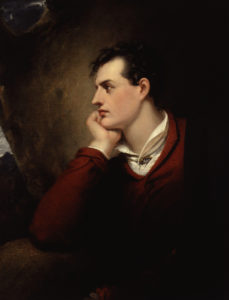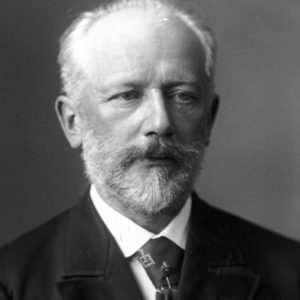New stories about people being harassed and threatened because they’re not speaking English are a sad sign of how xenophobia is becoming normalized in the country. And they disturb me personally.
I grew up with Eastern European-born parents who spoke at least ten languages between them. They used English with me and my brother, but more often than not spoke Yiddish to each other whether at home or in public. Russian, too, if they had something snarky to say about someone, or if they didn’t want me and my brother to know what they were discussing. Likewise, arguments when they escalated went to Russian, which both my parents had spoken since childhood.
The apartment building I grew up in was filled with immigrants. Most of them spoke German, though there was some who spoke Russian or other languages. Way before I traveled anywhere, I felt the world was at my doorstep because of this linguistic richness.
I found the ability to shift back and froth from one language to another simply wonderful. I envied the ability to be private in public, to have not just one “secret Language,” but a handful of them. And I was often delighted when one of my parents would realize a store owner, for instance, was from some country whose language they spoke but I never heard at home–like Romanian.
I studied French in school and did well, thanks to having a francophone mother, and it’s helped me in Canada and Western Europe. I went on to study German and learned it well enough to do use it for introductions and readings on book tours in Germany. When it looked like I might be teaching in Sweden not so long ago, I plunged in and had a ball learning the language, and learning about the people and culture. Now I’m studying Dutch because I want to write about Flanders in perhaps more than one book.
Studying a language opens doorways you didn’t even know existed. But harassing people who aren’t speaking English is the sign of a closed and fearful mind.
Lev Raphael is the prize-winning author of the travelogue/memoir My Germany and 24 other books in many genres. You can study creative writing with him online at writewithoutborders.com



